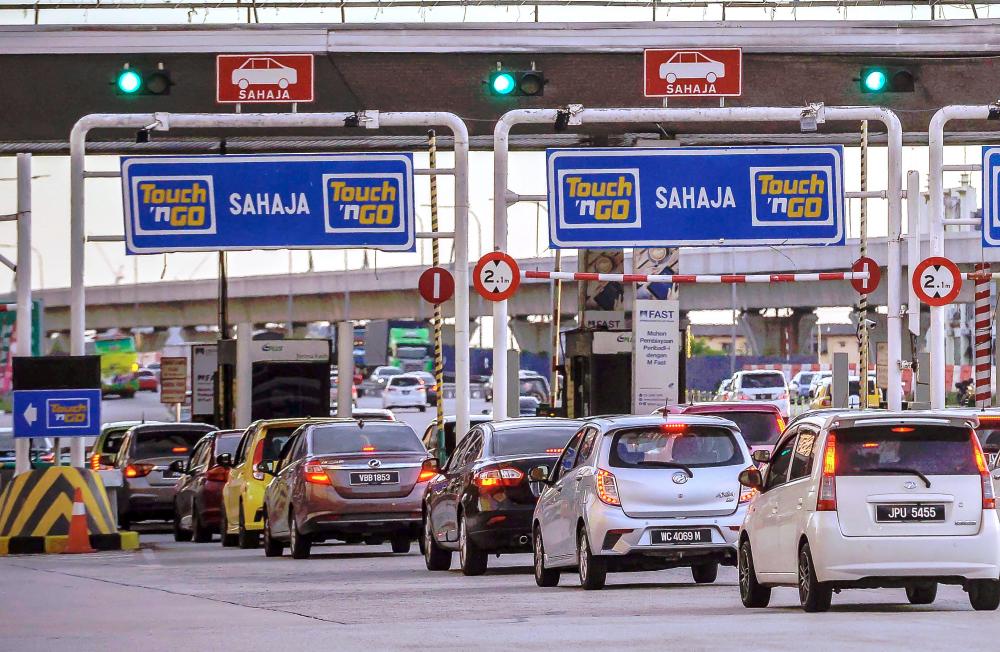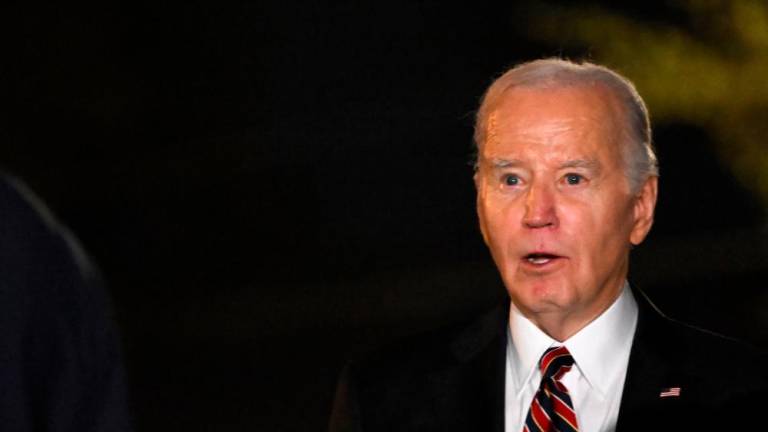PETALING JAYA: The political will the government has in reviewing the monopoly of Touch ’n Go (TnG) on highway tolls is yet another positive move in breaking commodity and service monopolies in Malaysia, said economists.
TnG is currently the only contactless and cashless method of payment at highway tolls and for public transport in the country.
Prime Minister Datuk Seri Anwar Ibrahim said on March 19 the monopoly of TnG would be reviewed so that other forms of toll payments could also be used.
On the following day, Transport Minister Anthony Loke said an open payment system for transport services under Prasarana Malaysia Berhad would be implemented soon to give public transport users other choices besides TnG.
Works Minister Datuk Seri Alexander Nanta Linggi said five highways, namely the Sungai Besi Expressway, New Pantai Expressway, Ampang-Kuala Lumpur Elevated Highway, Guthrie Corridor Expressway and the Penang Bridge would use an open payment system.
This will see highway users using debit and credit cards for payments by September.
Universiti Utara Malaysia School of Economics, Finance and Banking senior lecturer Dr Abu Sufian Abu Bakar said there are businesses that do not seem like a monopoly but control the supply of commodities and services.
“During festive seasons, we can see a sudden surge in chicken prices, followed by chicken shortages in markets and shops. This is due to the alliance among chicken cartels that control its supply and market price.
“A company like Padiberas Nasional Berhad (Bernas) started off as a government initiative to help local padi farmers by importing rice and distributing profits to farmers through subsidies.
“Anwar’s move to urge Bernas to allocate funds for poor farmers after becoming the prime minister last year, shows his political will to break monopolies in the country,” he told theSun.
On the monopoly of Tenaga Nasional Berhad (TNB) in the energy sector, Abu Sufian suggested that the government should start commercialising and investing in renewable energy to provide diversity in the energy market.
“By providing other alternatives to TNB’s hydroelectric and coal-operated plants, we could reduce our dependence on TNB. We would also have the option to choose a cleaner way to power our homes and offices with wind and solar energy.
“Although the Malaysia Competition Commission was established in 2011 with the purpose of enforcing the Competition Act 2010, there seems to have been a minuscule effect on businesses that monopolise the market of a particular
industry.”
Multimedia University Faculty of Business senior lecturer Dr Lye Chun Teck said although monopolisation of businesses in theory is disadvantageous to consumers, it is easier for the government to implement economic and trade-related policies when there are only a few businesses in industry.
He added that in implementing national-level policies, policy makers must consult and listen to the voices of stakeholders in the respective industries.
“If the size of an industry is small, the execution of policies will be faster. However, this could mean that the voices of consumers are not heard.
“Consumers will be burdened with high costs they have to pay for sub-par services, and they would have to pay even more to enjoy slightly better services.
“This is why the government needs to increase the competition between businesses in the same industry.
“These businesses will compete in offering desirable services at reasonable prices, just to attract potential consumers.”













